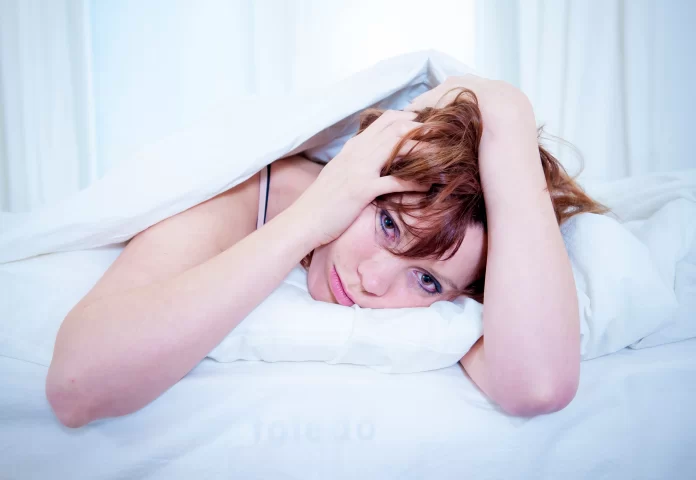From tossing and turning as you try to fall asleep, to your eyes opening in the middle of the night because you can’t stay asleep — we’ve all been there. But what can you do about it? As it turns out, there are a number of common mistakes likely preventing you from getting a good night’s rest.
Mistake 1: Falling Into Inconsistent Sleep Patterns
Many of us are guilty of staying up later on weekends and then sleeping in later, but maybe we should reconsider. An inconsistent bedtime and wake-up throw off your biological clock. Try to go to bed at the same time each night. If you do stay up later, try to still wake up within an hour or two of your usual time.
Mistake 2: Setting The Wrong Room Temperature
In an effort to save on the electric bill, some of us choose to adjust our thermostat before bed — after all, we’re sleeping, so why do we need our room too hot or cold? Well, a comfortable temperature in your room is key to helping you fall asleep, and stay asleep. Overnight your body temperature goes down, then begins to rise as morning begins. If your room is too hot or cold, it may interfere with your body’s natural temperature dip. There is mixed research about what the ideal room temperature should be, but many suggest around 65 degrees.
Mistake 3: Using Electronics
In the middle of the hot summer, or cold winter, we tend to stay inside at night and watch television. This could lead to a harder time falling asleep. The light emitted from your TV and other electronics such as your phone can stimulate your brain, making it more difficult to fall asleep. It’s important that you wind down about an hour before bed by finding ways to relax as you prepare to go to sleep. (The one thing you might want to use your phone for before bed is to turn on a sleep app).
Mistake 4: Eating Before Bed
A full stomach right before bed isn’t a good thing for two reasons. The late meal will lead to your body digesting food while you’re trying to sleep. Also, a late meal could affect your waistline by holding on to belly fat. Make sure your last meal is at least two hours before bed. Also, avoid eating chocolate, as it contains caffeine.
Mistake 5: Drinking Before Bed
Having a glass of wine, a cocktail or a beer before bed may help you go to sleep quickly, but there are consequences you might not realize. Alcohol is a depressant and is linked to slow-wave sleep patterns. Alcohol messes with your first cycle of REM sleep, which we all need for deep sleep.
The National Sleep Foundation (NSF) recommends most adults get between seven and nine hours of sleep each night. In 2015 the NSF released a new age category for older adults, and the recommended sleep for people 65 and over is slightly less — between seven and eight hours each night.
The consequences of not getting enough sleep go beyond feeling tired and moody the next day. Inadequate sleep is linked to many chronic diseases and conditions—such as diabetes, heart disease, obesity and depression.




